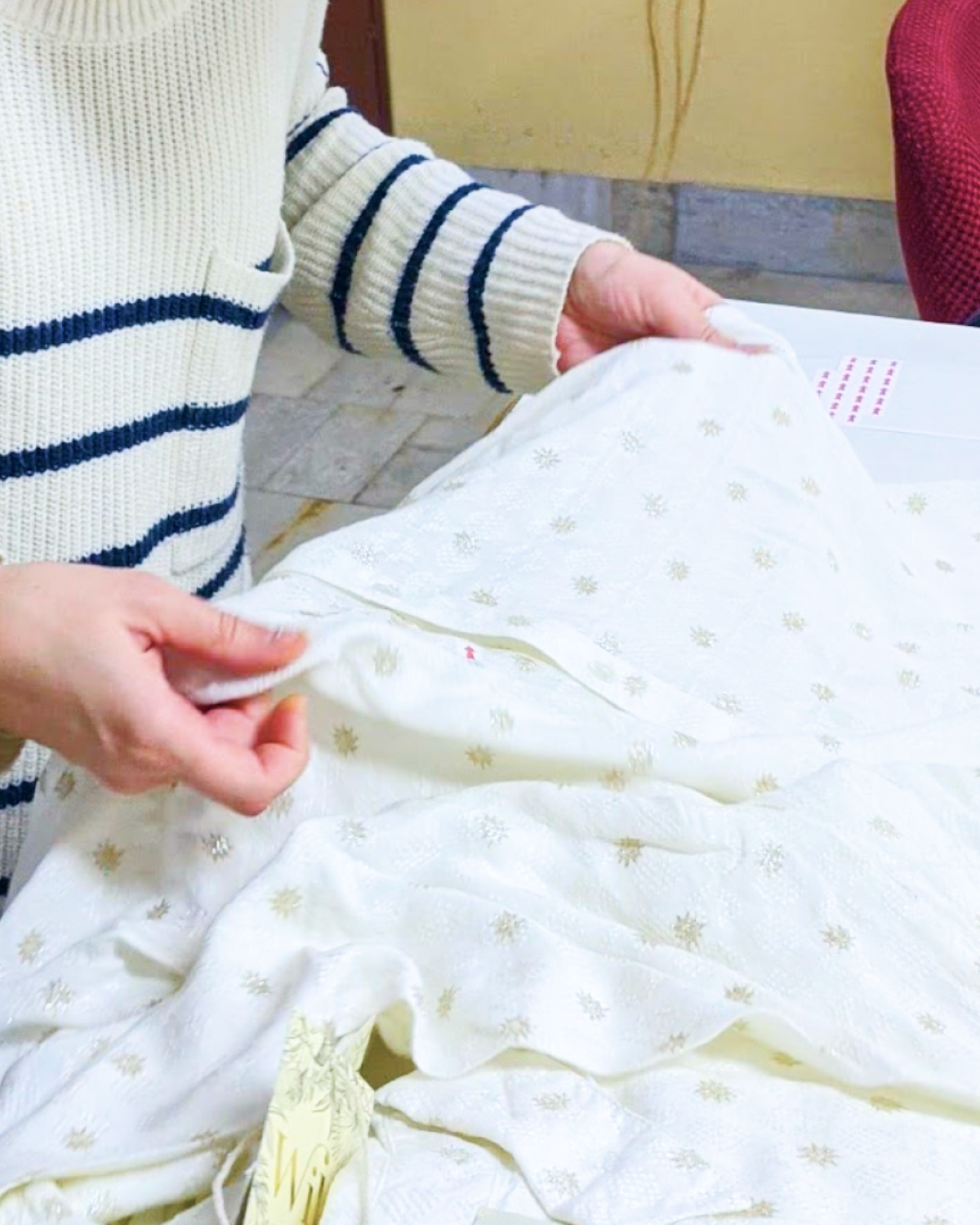Navigating Factory Audits in Pakistan | What U.S. Brands Should Know Before Sourcing

Pakistan has steadily emerged as a strong sourcing destination for U.S. brands, especially in textiles, home goods, and apparel. With its premium cotton, advanced denim production, and globally recognized towel manufacturing, the country offers both quality and value. However, as with any sourcing market, there are risks. Conducting a factory audit in Pakistan is the most effective way to ensure product quality, avoid costly delays, and protect your supply chain from disruptions. This guide walks you through why U.S. brands are sourcing from Pakistan, the most common quality risks, and how a targeted audit can safeguard your orders.
Why U.S. Brands Are Sourcing From Pakistan
1. Premium Raw Materials & Expertise
Pakistan is among the world’s top cotton producers, supplying yarn and fabrics that meet international standards for strength, softness, and durability. Its manufacturing process is highly specialized in:
- Denim: Competitive in both price and finishing quality.
- Terry towels & home textiles: Known for plush feel and lasting performance.
Key manufacturing hubs Karachi and Sialkot are home to factories with decades of export experience. For brands seeking reliable suppliers, this diversity makes supplier evaluation and supplier verification easier when supported by a professional inspection company.
2. Competitive Cost-Quality Ratio
By sourcing from Asia, brands benefit from cost efficiency without sacrificing adherence to quality standards such as ISO 9001 or other quality management systems.
3. Industry Range Beyond Textiles
While apparel and home goods dominate, Pakistan also has capabilities in sectors like sports equipment, and leather goods giving brands options for varied product inspection and audit services.
Common Quality Risks in the Pakistani Manufacturing Process
Even in well-regarded facilities, quality inconsistencies can occur. Some of the most common issues identified during QC inspections Pakistan include:
- Inconsistent Material Quality - Variations in yarn count, dye penetration, or raw materials mixing can lead to visible differences in the final product.
- Batch-to-Batch Variability - When orders are split across multiple production lines or potential suppliers, product dimensions, weight, and finishing may differ.
- Undisclosed Sub-Tier Outsourcing - Without a thorough supplier audit, parts of production may be moved to smaller workshops lacking proper quality control services.
- Infrastructure-Linked Delays - Power outages or machine downtime can impact timelines and finishing quality, especially before container loading supervision.
- Documentation Gaps - Missing inspection reports make it difficult to track compliance or confirm quality assurance standards.
Preparing for a Quality-Focused Factory Audit in Pakistan
- Pre-Audit Supplier Evaluation
Narrow down potential suppliers using supplier verification and background research in key hubs like Karachi and Sialkot.
- Engage Experienced Auditors
Work with an inspection company offering third-party inspection and product inspection expertise in the Pakistani textile sector. Look for teams with extensive experience in audit services and production process assessment.
- Define Audit Scope and Quality Requirements
Include pre-shipment inspection, container loading, and production process checks. Align with international standards and specific quality requirements set by your brand.
- Follow Up With Corrective Action
Use audit results to develop improvement plans and verify changes through re-audits. Maintain ongoing oversight for user experience consistency.
Read More: Factory Visit Checklist for Importers
Using Audit Insights to Strengthen the Supply Chain
A factory audit is more than a one-time compliance check; it's a long-term investment in supplier relationships. Insights from inspection services help:
- Improve production efficiency and reduce defects.
- Ensure adherence to quality standards and ethical sourcing principles.
- Keep every stage of your supply chain aligned, from raw materials to container loading supervision.
By combining audit services with regular product inspection, brands can build trust with potential suppliers while protecting their user experience and market reputation.
Your Quality Playbook for Sourcing in Pakistan
Sourcing from Pakistan can deliver exceptional results but only when quality is managed with the same precision as pricing and timelines. A factory audit in Pakistan is more than a checklist; it’s your playbook for securing reliable suppliers, maintaining consistent product quality, and avoiding last-minute shipment surprises.
By combining supplier evaluation, pre-shipment inspection, and ongoing quality assurance, you create a framework that strengthens your supply chain from raw material selection to container loading supervision. In the end, the brands that win in Pakistan’s competitive textiles market aren’t the ones that take the fastest route to production, they're the ones that follow a disciplined game plan and stick to it, order after order.
It typically covers factory audit, pre-production, during production inspection, and pre-shipment inspections/final inspections.
By detecting quality issues before pre-shipment inspection, allowing factories to take corrective action before goods leave the facility.
Karachi and Sialkot are some of the leading hubs for textiles and apparel.
At least annually, or before placing large-scale orders with new potential suppliers.
Ready for Supply Chain Predictability?
Importers using Silq ship smarter, safer, and with total control.







